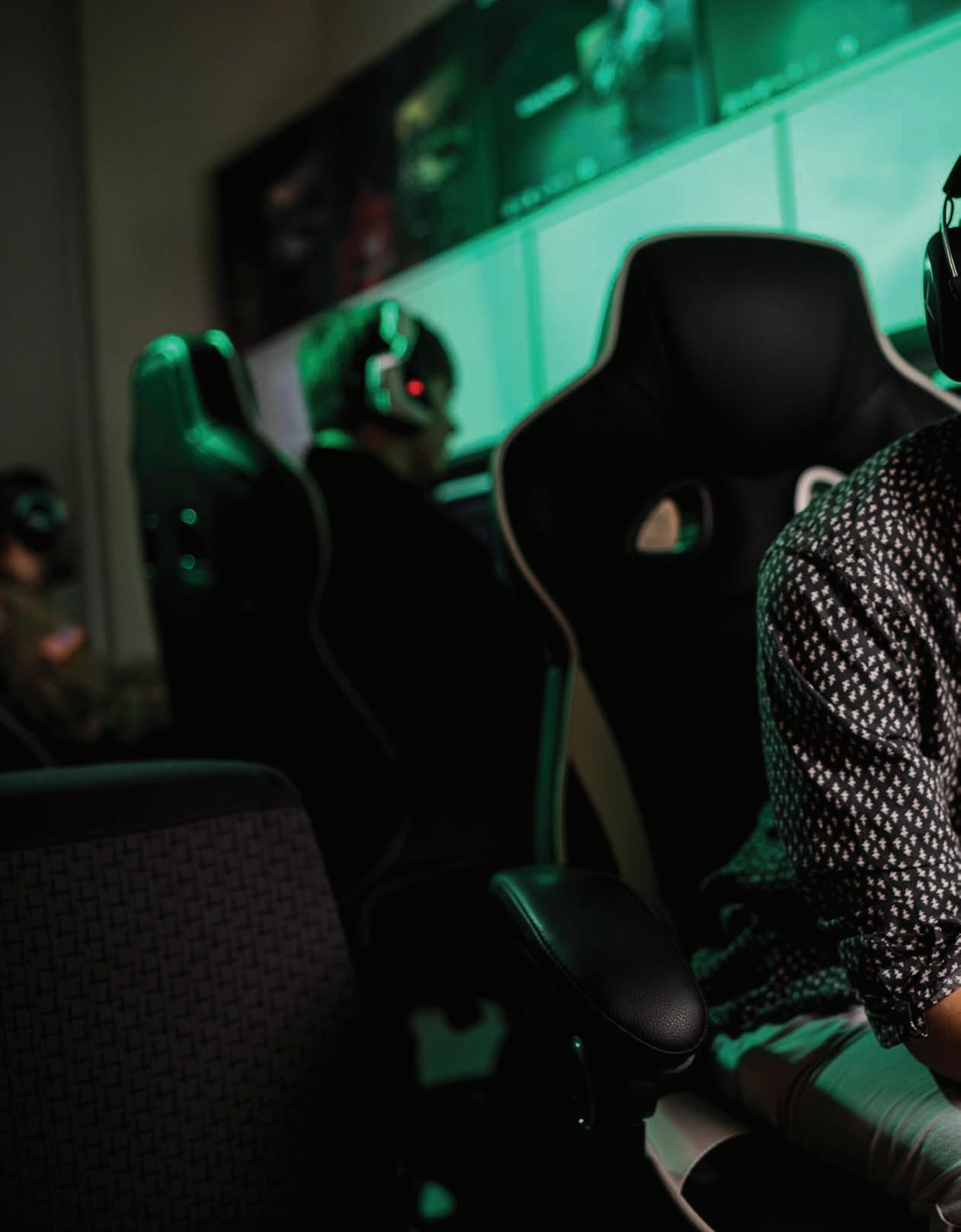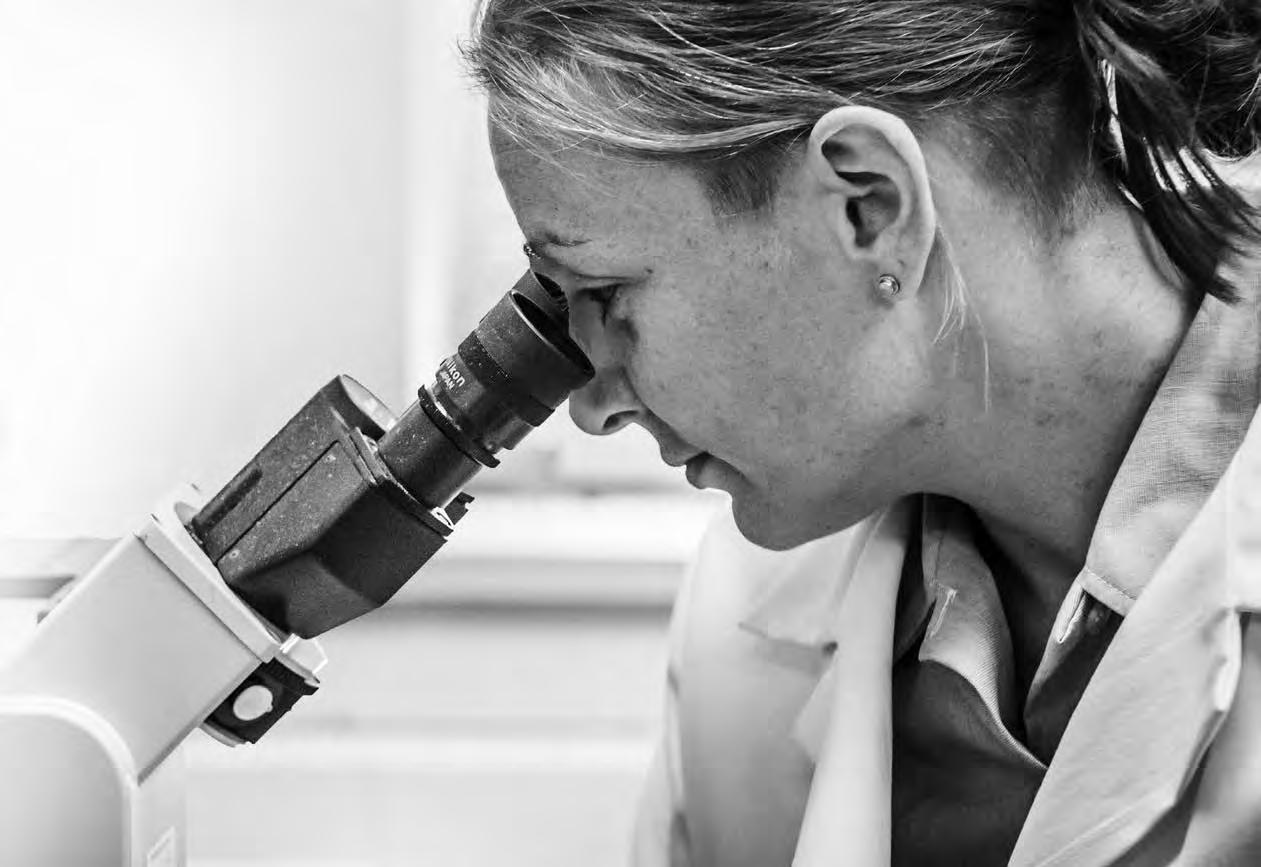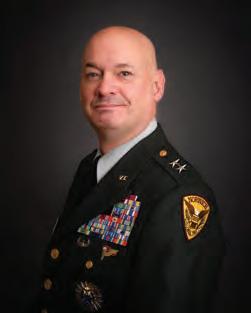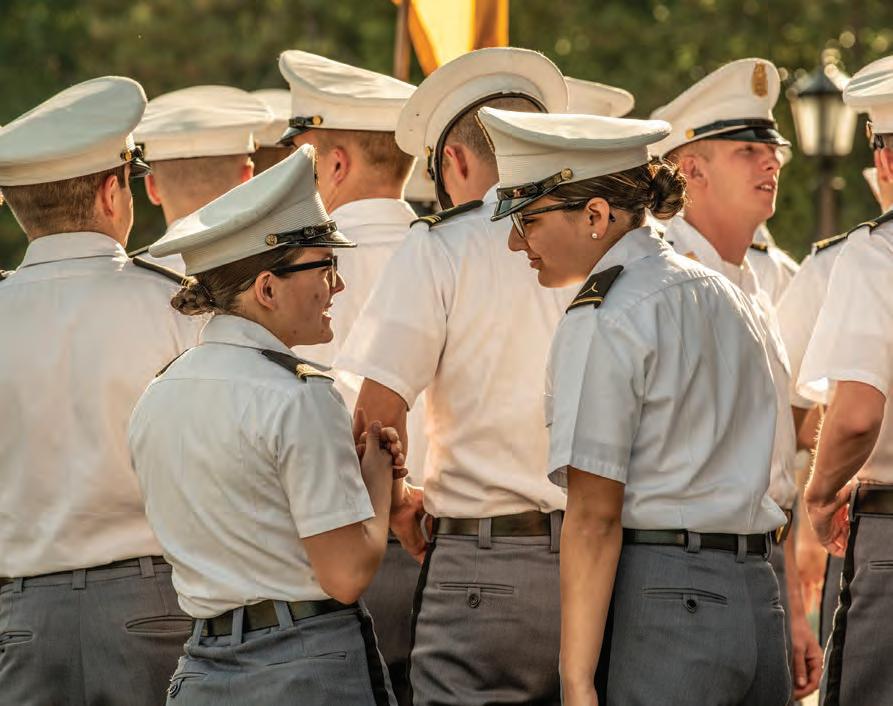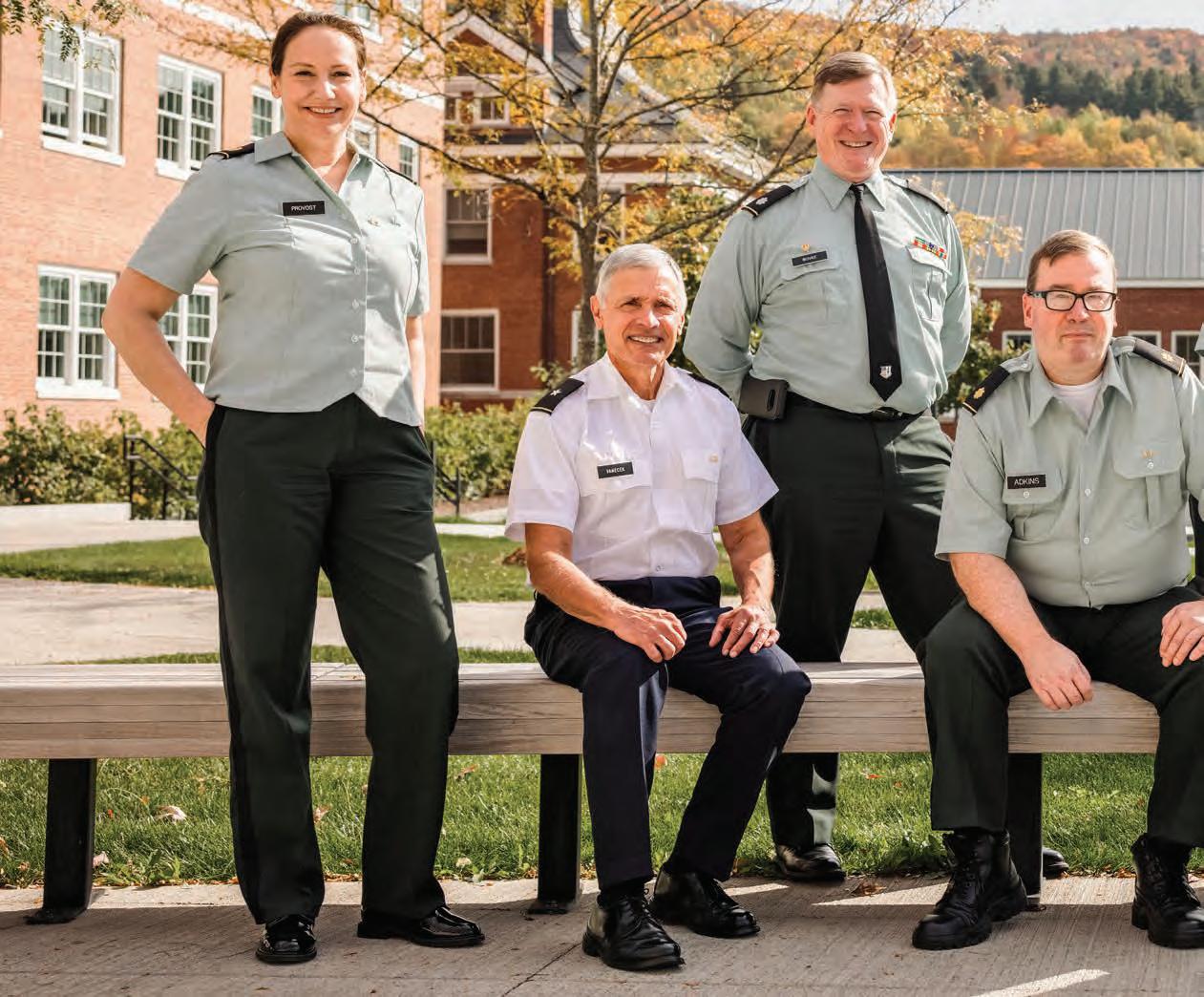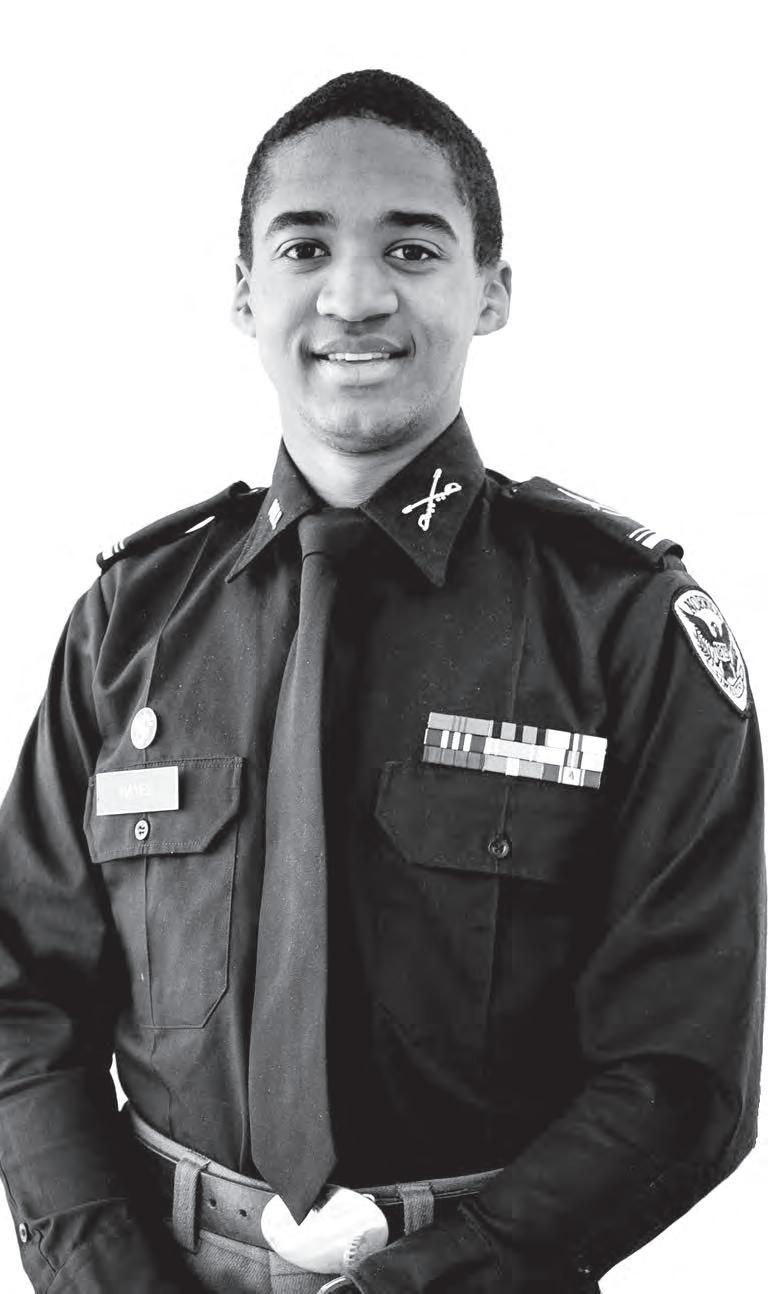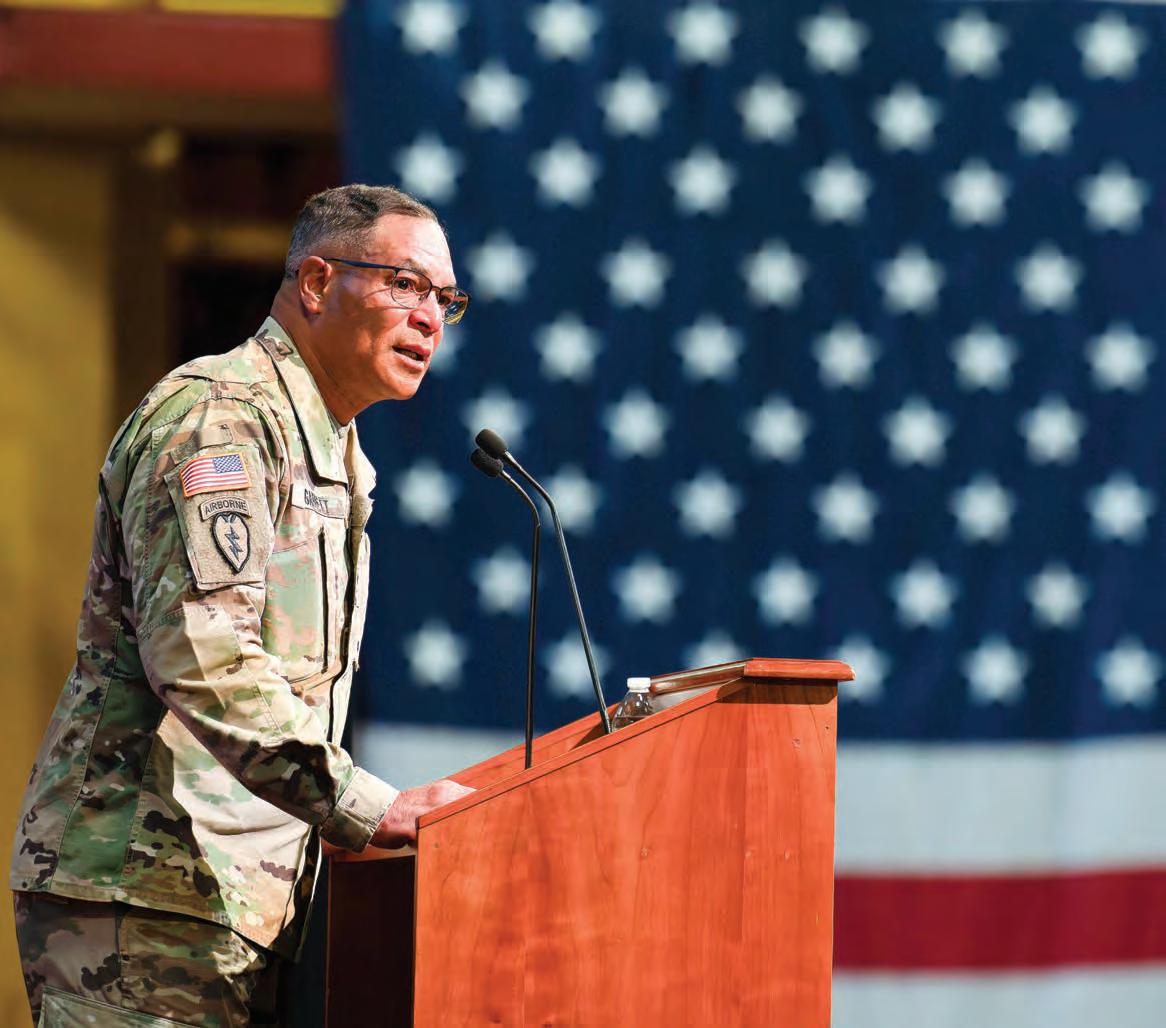u
Technology
u
Im mersive Labs
Virtual Reality The School of Nursing takes simulation labs to the cutting edge
P
rofessor Llynne Kiernan, DNP, MSN, RN-BC teaches in the School of Nursing. Half of her course load is devoted to simulation labs—a figure that conveys their importance. Sim labs give nursing majors essential hands-on practice in both fundamental skills, such as taking blood pressure readings and inserting catheters, and more advanced critical care responses. Typically much of this training is done using specialized mannequins and prerecorded videos. But virtual reality and other new technologies are now pushing the boundaries of the sim lab experience. Kiernan and colleague Sarah Manacek, MSN, RN are currently trialing Oculus Daydream VR headsets and simulation software from Oxford Medical Simulation. Soon, NU nursing majors will use VR headsets to interact with virtual patients in vivid, immersive hospital environments exquisitely rendered in 3-D. Enveloped by surround sound, they will encounter patients and medical staff that make eye contact and evince emotion. Mannequins remain useful for practicing tactile skills but are surprisingly expensive. VR headsets and related software, meanwhile, are relatively cheap. VR’s other advantages include easy access, DIY practice, and a verisimilitude that can be emotional and stressful. “Virtual reality is an active learning strategy that is grounded in the theory of situated cognition,” Kiernan says. “It allows students to apply and practice learned content in very realistic environments …. [One] benefit of this is the concept of deliberate practice, where students can practice and practice and practice until they feel competent.” Manacek, a special surgery nurse who teaches medical surgical clinical rotations to NU nursing majors at the University of Vermont Medical Center, says VR offers extraordinary advances to the training experience. “Patients are looking at you, freaked out. ‘I can’t breathe.’” Monitors beep. Alarms ring. “You feel like you’re really in the environment. It makes your heart race. It makes you feel anxious, which is important,” she says. “People are looking at you for what to do, and you have to make those clinical decisions under that kind of pressure, which is very, very realistic,” she says. “Just like in the hospital.” n —SEAN MARKEY
24







